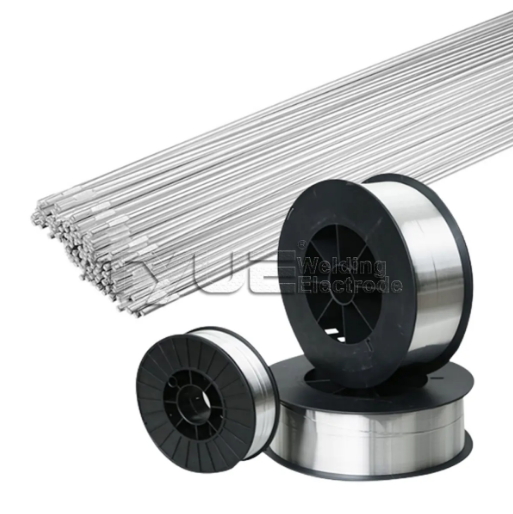When it comes to aluminum welding, choosing the right filler material is critical to achieving the best results. Among the various options available, ER5183 and ER5356 aluminum welding wire stand out as two of the most reliable choices for industry professionals. While both wires are designed for general-purpose applications, they have unique properties that allow them to meet different welding needs. In this blog, we will explore the advantages of ER5183 and how it compares to the widely used ER5356 aluminum welding wire.
ER5183 is a high performance aluminum alloy welding wire designed for applications requiring superior strength and corrosion resistance. This alloy is particularly popular in marine environments where exposure to salt water causes less material to deteriorate rapidly. The high shear strength of ER5183 makes it ideal for structural applications including shipbuilding and offshore platform construction. By using the ER5183, welders can ensure their projects maintain structural integrity even under the most demanding conditions.
In contrast, ER5356 aluminum welding wire is also a general-purpose alloy but is typically chosen for its relatively high shear strength and versatility. This wire is commonly used in applications requiring good weldability and moderate corrosion resistance. ER5356 is particularly effective for welding aluminum to itself and is commonly used in the automotive and aerospace industries. While it may not offer the same strength level as ER5183, it is still a reliable choice for many welding projects, making it a popular choice among welders.
One of the main differences between ER5183 and ER5356 is their chemical composition. ER5183 contains a higher proportion of magnesium, which contributes to its superior strength and corrosion resistance. This makes it particularly suitable for applications where welded joints are subjected to harsh environmental conditions. ER5356, on the other hand, offers good overall performance with its balanced composition, but may not withstand extreme conditions as effectively as ER5183. Therefore, when choosing between these two options, the specific requirements of the current project must be considered.
Both ER5183 and ER5356 aluminum welding wires have unique advantages and can meet different welding applications. ER5183 is the first choice for projects requiring high strength and corrosion resistance, particularly in marine and structural applications. At the same time, the ER5356 remains a versatile choice for general soldering tasks. By understanding the unique properties of each alloy, welders can make informed decisions that ultimately improve the quality and durability of their work. Whether you are an experienced professional welder or a novice welder, choosing the right aluminum welding wire is crucial to success on your project.
Post time: Nov-11-2024

